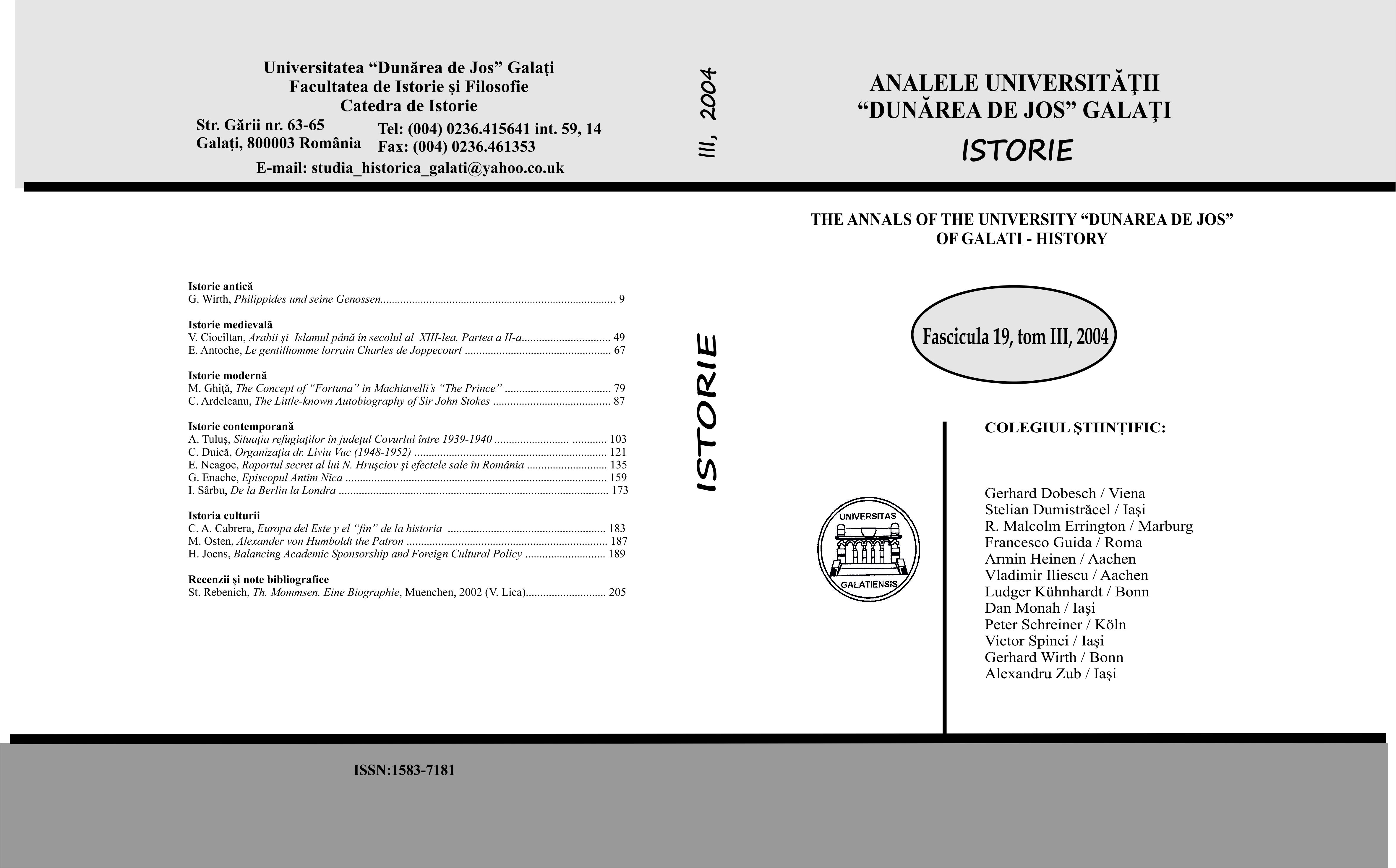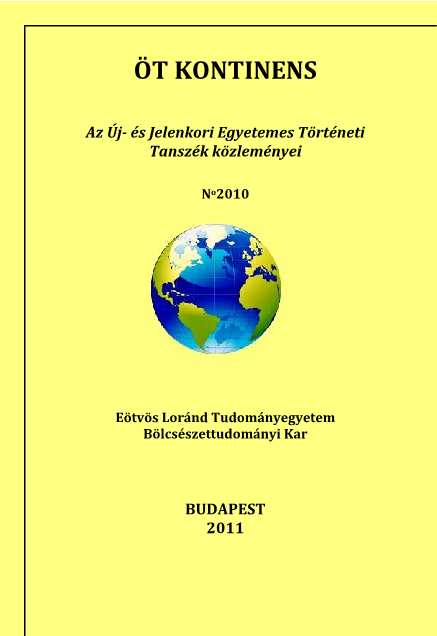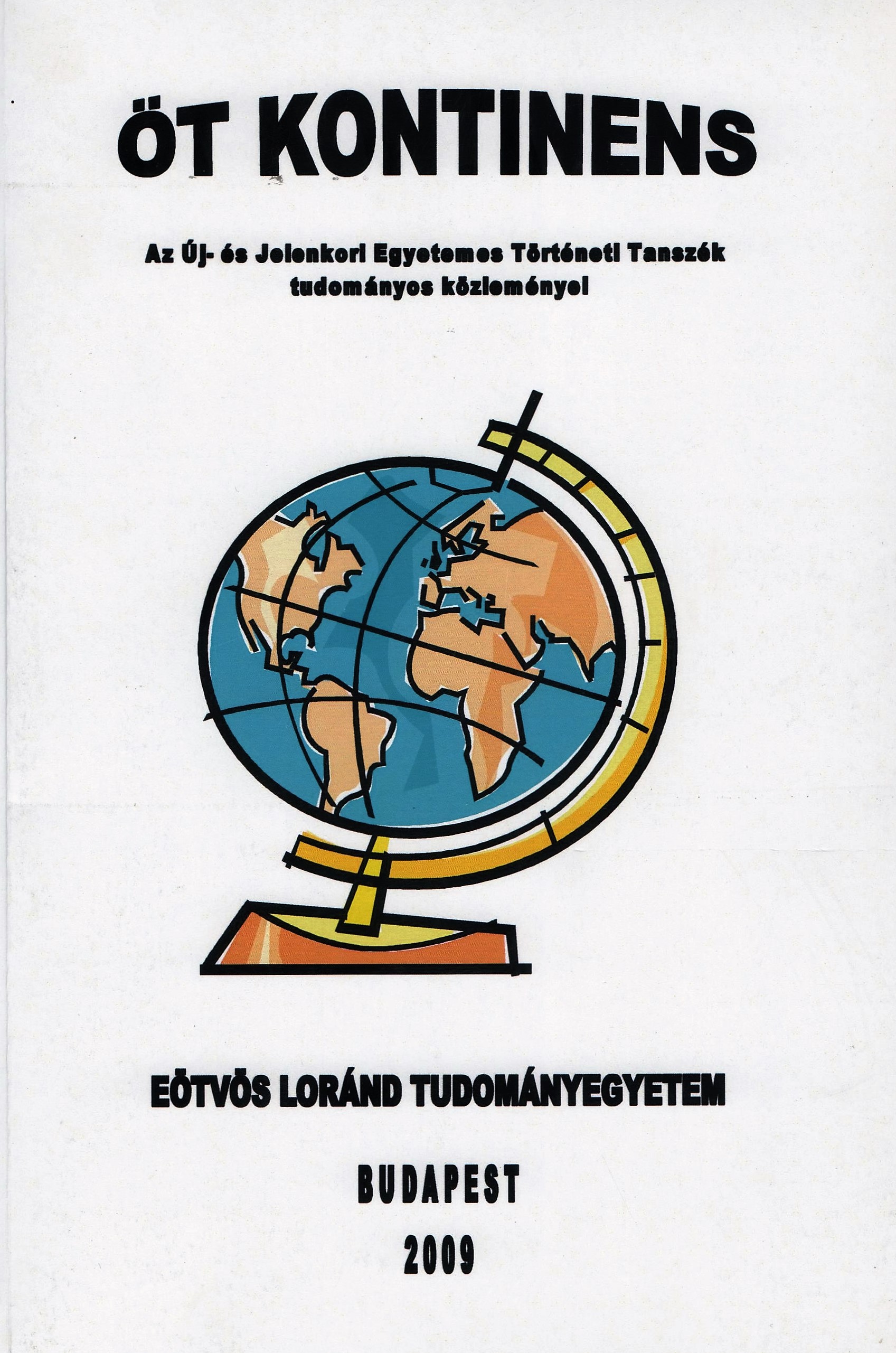Author(s): Eszter-Edina Molnár / Language(s): Hungarian
Issue: 3/2014
Mostly practiced by psychologists, psychobiography is the historical application of any explicit, scientific and systematic psychology to life stories, but in such works the dominance of psychological approach usually means that less attention is paid to the historical-social environment. By shifting scientific focus, it is possible to construct a biography that is not influenced by the current psychological theories, yet uses a psychological approach, while focusing on the soul and the personality. In other words, we can construct a personality history that consequently does not free itself from historical-social embeddedness. As psychobiographies rarely study the whole lifespan of an individual but rather just a certain period of his life and try to answer a single central question, this personality history paper asks the following questions. What caused the tragedy of writer and psychologist Géza Csáth? What role did World War I, the historical background to the suicide play in this? Building the narrative from the perspective of the war is unsuitable for answering the question, so to avoid one-sidedness we have to take into consideration more factors simultaneously. Accordingly, I make an attempt to answer the questions on the basis of the system of Csáth’s medical book published in 1912, The Psychic Mechanism of Mental Disorders. I study each area of the self (sexual, health, financial, moral, racial, religious), this way drawing attention to the possible harmful consequences of the psychoanalytic compulsion to perform self-analysis. To answer the question, however, it is necessary to take into account the factors that shape the personality as well, that is the previous milestones in his life. As a result, in our dynamic, double cross-section we can see the personality in its synchronicity and its constantly changing form at the same time.
More...






